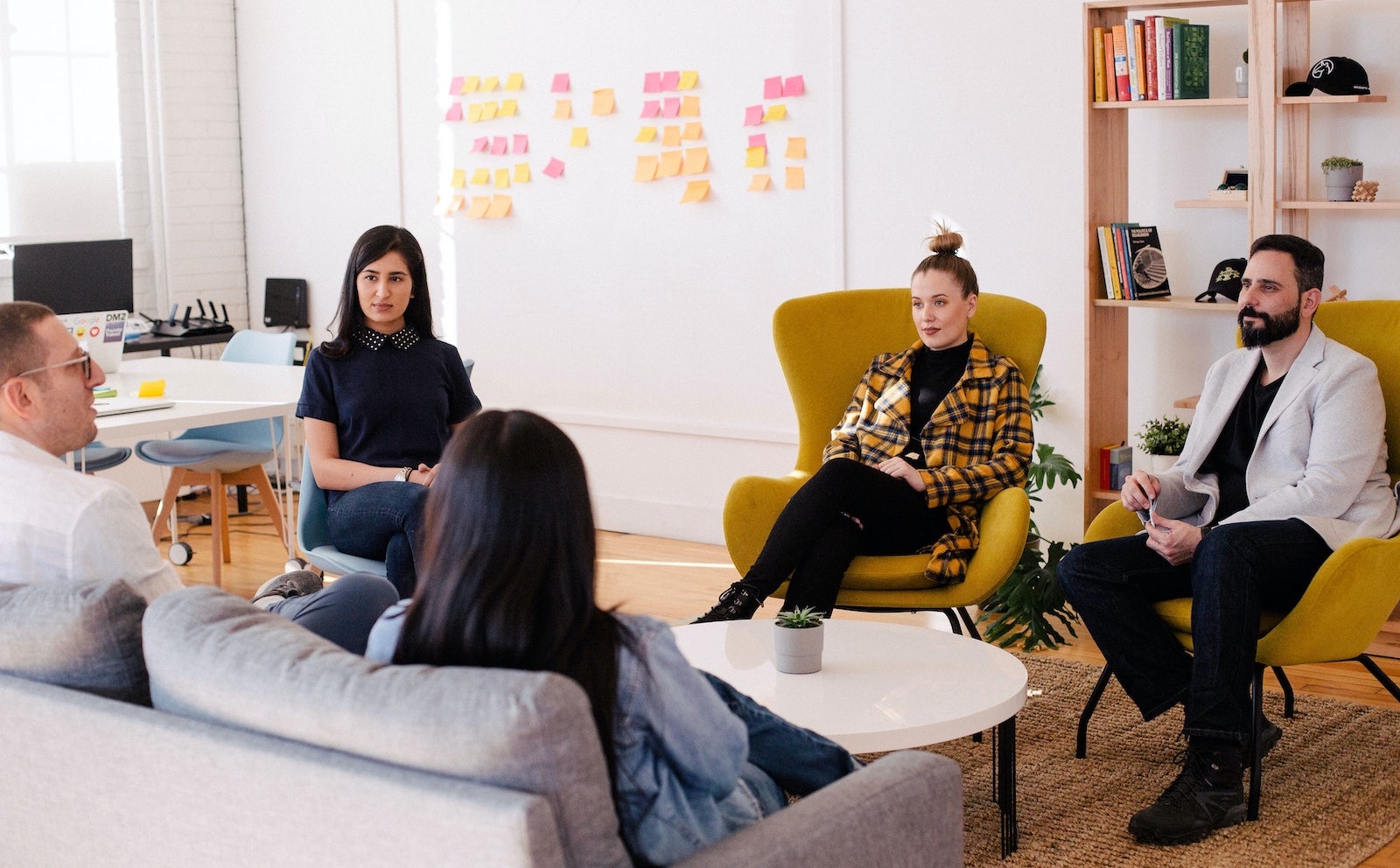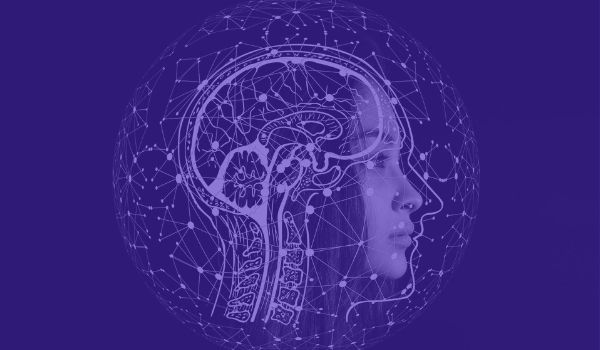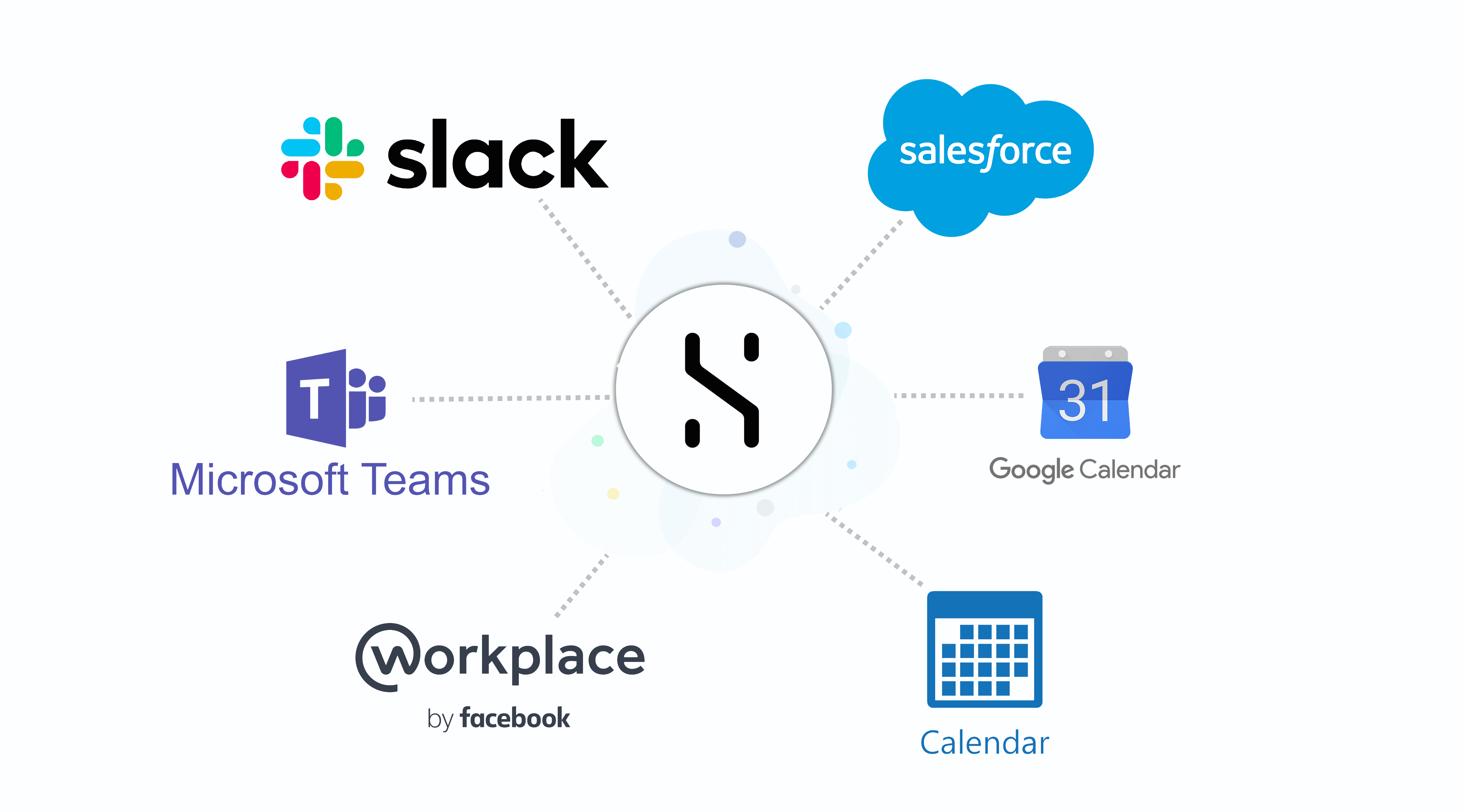Initially published by CIO. Starmind CEO Marc Vontobel focuses on the growing problem that data overload brings for large organizations in the digital age. By looking at the parallels between the data and garbage, we can learn to recycle more than just garbage, but data too. Discover how your organization can leverage an AI knowledge network to reduce and recycle data.
Businesses have a data hoarding problem.
After decades of headlines suggesting data is the new gold, organizations have accumulated more data than they know what to do with. IDC research suggests that companies are increasingly struggling to make sense of their complex data pools.
In the data gold-rush organizations have surrounded themselves not with treasure, but trash. It’s time to start being honest about data: most of it is garbage. But that doesn’t mean it’s worthless. And when you think about it, that’s not a contradiction. You just have to consider how we treat trash today.
In the United States alone, 69 million tons of items are recycled each year. The alternative is unthinkable and irresponsible: accumulating rubbish or sending useful items to the landfill. Yet while this mindset is obvious when it comes to physical waste, most organizations haven’t yet adapted this approach to digital clutter. Instead, teams are left to wade through the digital trash-heap, slowing down their work and making the search for useful knowledge and information frustrating.
It’s time we put a stop to this wasteful, inefficient approach and embrace data recycling.
Identifying valuable information, extracting it, and using it to improve collaboration, knowledge sharing, and productivity in our workplaces is vital to business success as we move ahead.
If we get it right, this digital recycling can enable every individual to overcome the risks of information overload and endless searches for information that, on a business-wide scale, can otherwise snowball into macro threats to productivity.
How to build a knowledge network that recycles data
Sorting and organizing is at the heart of any recycling operation.
Just as we sift reusable bottles and cans from single-use packaging, when it comes to data, we need to get better at identifying what is useful and what isn’t. This is particularly important as most data was created for a single task—we don’t need to hold on to it for eternity. If we do, it simply gets in the way of finding relevant things. Just like at home, if you were to never throw anything away, you’d struggle to keep track of what you do need.
With a little help from artificial intelligence (AI), it’s possible to start building knowledge networks that recycle raw data, contextualize it, and turn it into a useful resource for the entire organization. A self-learning knowledge network enables pieces of recycled information to become more than the sum of their parts. It works by using non-sensitive information drawn from existing business tools where business information is shared to reveal exactly where human knowledge on a specific topic resides in an organization. With this network, individuals can share expertise and connect questions with answers in real-time.
In short, a knowledge network takes all the information that otherwise can slow businesses down, and instead recycles it to make problem solving faster. Artificial intelligence is unique in its ability to build these networks in two ways.
First, AI can sort trivial and outdated information from useful, up-to-date insights. When connecting to an AI-powered knowledge network, you don’t just search for results and trawl through every keyword hit going back years. The AI does the hard work for you. It acts as the recycling plant, sorting through the rubbish and analyzing broader contextual information to identify what you need. It then presents it in a useful, digestible manner.
But what about when the answer isn’t already out there, waiting to be discovered?
If the answer to a problem doesn’t already exist within the centralized knowledge network, a different approach is needed. This is where a second type of human-centric data recycling comes in.
Instead of relaying the most useful information available, the AI takes a look at all the data available and uses it to understand, at scale, who the best person to solve the problem is in the organization. This is because people hold the ultimate answers, but a lot of those answers remain undocumented knowledge, they exist in a person’s mind but aren’t written down somewhere.
AI can re-use existing data to see across teams and silos, apps, and documents, to understand where undocumented knowledge is, and identify who can help. Once that’s done, it simply connects the expert, anonymously, with the person asking a question in real-time. Finally, when an answer has been shared, it gets added to the centralized knowledge network for everyone to use in the future.
The business imperative of data recycling
Compulsive hoarding of data often goes unquestioned. But it’s an exponentially growing problem that must be addressed. It leads to blind spots as employees struggle to find what they need, when they need it. It makes it harder to identify expert knowledge and limits the ability to undertake agile problem solving across an organization. The result? Unproductive workplaces with disengaged workforces.
Embracing a data-recycling mindset can be transformational for businesses. Rather than becoming overwhelmed and inefficient, by recycling data we can create knowledge-networks that connect individuals, teams, apps, documents and more. With all knowledge available in a single integrated platform, problem solving becomes faster, engagement with work rises, and businesses are more productive.
Next time you save a document, imagine you’re throwing something away. Are you recycling it properly or being a digital litter-bug? With the right technology we can rethink our data habits to finally start maximizing the value of all that information. When we do this, individuals, teams, and the whole organization benefits from access to a continually refined knowledge network. We can share our knowledge and receive recognition for the expertise we’re bringing to work. And, with the struggle to find information removed, we can stop battling through digital clutter, and simply spend more time on the work we love.
To find out more about AI’s potential to transform your workplace, visit: https://www.starmind.ai/




.jpg)

